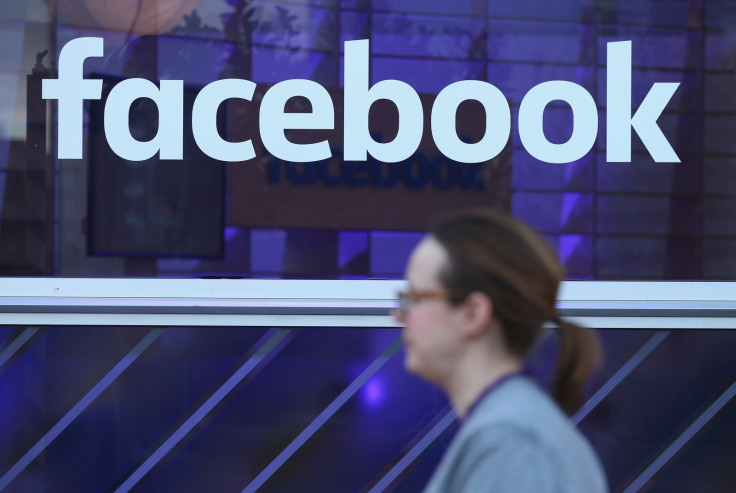Facebook says it will not help build a national Muslim registry
A Facebook spokesperson called the notion of a Muslim registry a 'straw man'.

Facebook has confirmed that it will not help the US government build a national Muslim registry if asked. On the campaign trail, President-elect Donald Trump said he wanted to build a government database to track Muslims in the US.
A Facebook spokesperson who accidentally sent an email to a BuzzFeed reporter, instead of a colleague he thought he was addressing, called the proposed idea a "straw man".
The email from the unnamed Facebook spokesperson reportedly read: "Happy to talk to her about why this is attacking a straw man. Also I heard back from her that she may or may not write an additional piece depending on what response she gets from companies. So sounds like not making any stmt on record is the way to go."
A company spokesperson later said in a statement to BuzzFeed News: "No one has asked us to build a Muslim registry, and of course we would not do so."
In November, Trump told MSNBC he "would certainly implement" a database system to track Muslims in the United States. "There should be a lot of systems, beyond databases," he added. "We should have a lot of systems."
Hundreds of Silicon Valley employees including engineers, designers and executives recently signed a neveragain.tech promise refusing to help build a database of people "based on their constitutionally-protected religious beliefs" under a Trump presidency. The signatories included employees from Google, GitHub, the Electronic Frontier Foundation, Stripe, Pandora, Giphy and others.
"We are choosing to stand in solidarity with Muslim Americans, immigrants, and all people whose lives and livelihoods are threatened by the incoming administration's proposed data collection policies," the pledge, which has garnered over 1,200 signatures at the time of publication, reads. "We refuse to facilitate mass deportations of people the government believes to be undesirable."
The signatories have also pledged to advocate within their organisations minimising the collection and holding of data that could be used to target certain populations, destroy "high-risk datasets and backups" and implement end-to-end encryption as the default, wherever it is possible to do so.
They added that they will work with colleagues to correct any illegal or unethical misuse of data, if discovered. They said they will blow the whistle or resign if the organisations force them to engage in such practices.
"We have educated ourselves on the history of threats like these and on the roles that technology and technologists played in carrying them out," the pledge reads. "Together we stand together to say: not on our watch, and never again."
Powerful statement from tech workers. Please read. https://t.co/PYbEQnv7dn #NeverAgain pic.twitter.com/f76QnhG8Hc
— Sarah Kendzior (@sarahkendzior) December 13, 2016
Kansas Secretary of State Kris Kobach, who is also an adviser to Trump's transition team, told Reuters last month that the Trump administration could reinstate the National Security Entry-Exit Registration System (NSEERS), a suspended federal programme that kept a database of immigrants and visitors from countries where extremist organisations are active. The programme was eventually abandoned in 2011.
Earlier in November, The Intercept reported that after asking nine tech companies if they would provide their services to help build the proposed Muslim registry, only Twitter was willing to state on record that it would refuse to do so.
This week, 22 advocacy groups led by social change network CREDO sent letters to eight major technology companies including Google, Microsoft, Facebook, Apple and IBM asking them "to do better".
On Thursday, Trump met several top technology executives including Apple's Tim Cook, Facebook's Sheryl Sandberg and Alphabet's Eric Schmidt at Trump Tower in New York. Trump's transition team also announced that Tesla and SpaceX founder Elon Musk and Uber CEO Travis Kalanick will be joining the president's Strategic and Policy Forum to offer their views on government policies impacting government growth.
© Copyright IBTimes 2025. All rights reserved.





















